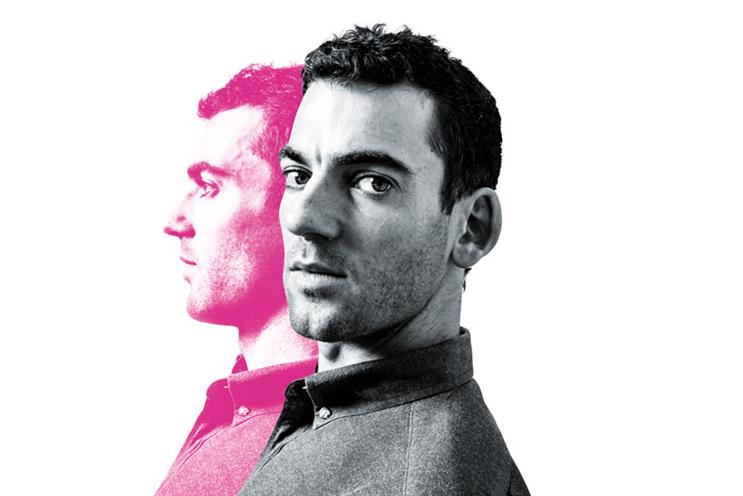
Dig in, we’ve got a fight on our hands, and it’s for our continued existence. The established argument as to why planning is valuable is being set upon by newcomers; gnawed and undermined. This will be the year we need to justify ourselves like never before, because, make no mistake, those coming for us are capable and expect to win.
Defending ourselves will take more than just skill; it’ll take modesty. A willingness to say: "What you’re saying is right. The new thing you’re bringing is valuable. But give it here. I’m going to do it. I’m going to learn. I’m going to make it part of my job."
There are three fundamental arguments we will have to make in the year to come; three big defences to mount to preserve the foundations of why strategists add value.
Insight vs data
Marketing isn’t a cost centre any longer. Across chief marketers, 70% oversee balance sheets, and, in exchange for washing their faces, they’ve been rewarded with remits that span services and customer experience. This is far beyond what we’d traditionally call "marketing", with an accompanying richness of data. Agency planners need to find ways to align all this data with their intuition, and in the open where gut feelings are exposed to the unforgiving light of spreadsheets.
The challenge is to prevent instinct withering on the vine just because data exists. A new class of insight can now be verified more quickly by, or even unearthed from, the raw data spooling in an unstructured mess across client desks. A grasp of applied statistics, making sense of that data and then deriving or corroborating insight from it, is a core skill of modern planning. This isn’t new news. In fact, it should always have been so. But in 2018, with brands drowning in the data kicked out by their ever-broader set of responsibilities, we won’t be able to sidestep it any longer. We need to be honest with ourselves. Do we truly know how to read data?
Impact vs response
Talking of data, the numbers continue to tell a familiar story; long-term, emotionally driven brand-building remains a critical – perhaps the critical – part of the marketing mix for brands that want to stick around.
Fresh IPA research shows the familiar formula, an optimal 60:40 balance between the long (emotional brand-building) and the short (immediate sales), to be remarkably consistent over the years; largely unaffected by the advent of pile-high-sell-cheap digital display.
However, that sort of "long" impact takes time to engineer, establish, measure and prove. Generating immediate response is more straightforward and rewarding to short-lease marketers. A generation of businesses have positioned themselves as the immediate-response engineers, using programmatic as a shorthand for creativity. Theirs, as David Golding put it, is a collateral business, not one that puts brands in culture. The role of the agency strategist in 2018 will be to keep their clients on the path of long-term brand-building, balancing necessary short-termism into the mix, but steering them away from the response-led lure of the dashboard.
Effectiveness and immediate response are fundamentally different. Brand-building takes time and emotion. It takes impact in culture at scale that is attributed to a brand, which is extremely hard to create, not just impressions and clicks optimised by algorithms, which are not easy, but easier. Over time, it works better. It’s down to planners to make that case.
Ideas vs platforms
The final battle is also familiar. As platforms attempt to differentiate themselves with shiny products, the primacy of the idea is being forgotten. In-stream 360-degree video, RFID posters, programmatic TV – these aren’t ideas. But media owners have quietly returned to the old-world agency model, offering creative (via "in-house creative agencies") for free, in exchange for media. Here, the heavy lifting is often done by the newness of the platform’s product, rather than the power of the idea. As strategists we must ensure ideas still come first, and that where innovative platforms host those ideas, the impact is still the result of the idea.
So; insight, impact and ideas. All three are threatened by those who say they’re no longer needed. "We have the data," they say, "and data is insight." "We guarantee billions of impressions and clicks," they say, "and that is impact." "We have shiny new platforms for those impressions, creatively optimised by that data, to play out upon. And that’s the idea."
Well, we need to show that without intuitive insight, long-term brand-building and unusual ideas, our industry becomes a commodity. And it might, because plenty of smart people are invested in it becoming so. So, in 2018, we strategists need to defend ourselves. Insight, impact and ideas – those are our only weapons. Get ready for a fight, everyone.
Alex Hesz is the chief strategy officer of Adam & Eve/DDB.

